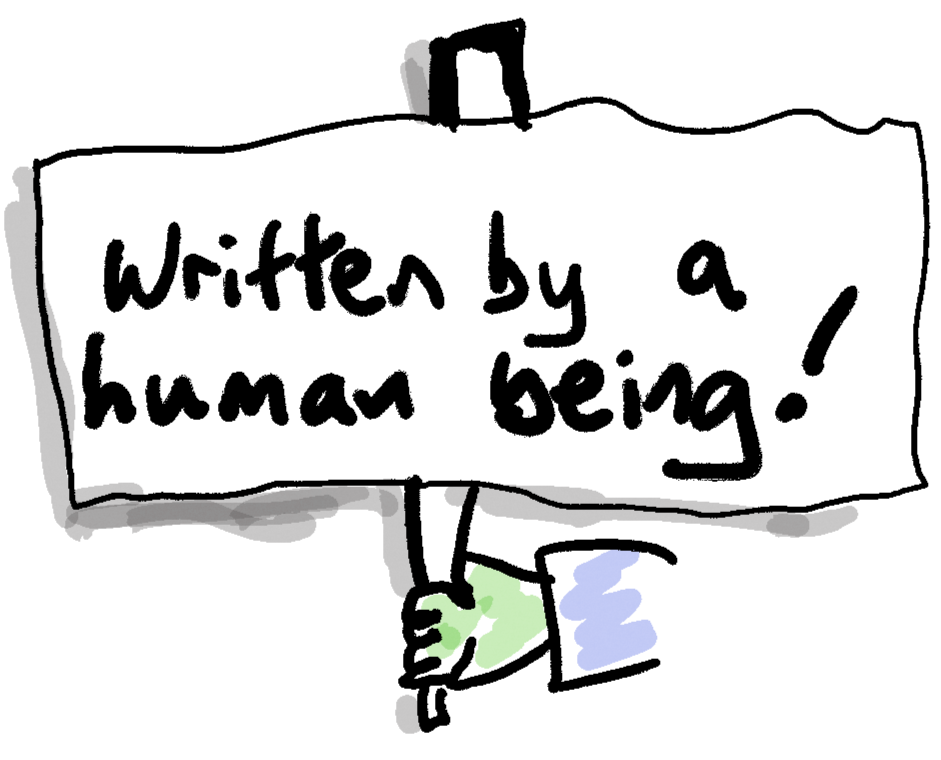In this article…
Introduction
A question: is Cognitive Load Theory another example of the emperor’s new clothes?
What is CLT?
One of the best explanations I’ve come across is that published on the Twinkl Education Blog:
“CLT examines the complex relationship between our working and long term memory. It states that if we can’t process information in our working memory, then it won’t be transferred and stored in our long term memory. Then, we won’t be able to remember it in the future.
Because our working memory is limited in terms of capacity and duration, it’s easy for some information to be lost and not be retained in our long term memory. ”
These days you can hardly open any educational publication without coming across references to, or someone extolling the merits of, CLT. However, I’m afraid I can’t accept that as proof of the validity of a theory.
So what are my objections?
For one thing, there is such a thing as publication bias (which is one of the aspects of research covered in the book called Science Fictions).
Secondly, during my time in education I’ve noticed that theories have a habit of becoming flavour of the month, and then being replaced by a different flavour of the month, either because a “better” one comes along, or because it’s shown to be unhelpful or wrong (think of learning styles, which was all the rage at one point).
Now, I’m aware that Dylan Wiliam has spoken in favour of CLT:
I've come to the conclusion Sweller's Cognitive Load Theory is the single most important thing for teachers to know https://t.co/MkJJLruR8g
— Dylan Wiliam (@dylanwiliam) January 26, 2017
That being the case, it would be tempting for me to assume I must be wrong then. However, Dylan Wiliam is an expert, in particular, in assessment for learning, so while one might have respect for him as an educationalist, does that mean that everything he says is objectively correct? I recently reviewed a book summarising various educational theories, and I could say the same thing about several of them.
Just to be clear, I’m perfectly happy to allow myself to be convinced that I’m wrong, and that Wiliam is right. I simply don’t think I should take his word for it, because I think it’s not healthy in educational discussions to unquestioningly agree with something because of who it was that said it. I wrote about this in The Trouble With Gurus. (Interestingly enough it’s an issue that is not confined to the field of education. In The Great Cholesterol Con (Amazon Associate link), Dr Malcolm Kendrick talks about “eminence-based medicine”, as opposed to evidence-based medicine.)
Counter-evidence
Firstly, Sweller’s and other’s research was, as far as I know, based on small numbers of older students in the fields of science and maths and, to some extent, education technology (in particular spreadsheets). Therefore, I don’t regard the theory as de facto applicable to secondary school (or primary school) pupils studying Computing (or anything else).
Secondly, when it comes to “working memory” (WM), not only does that differ from person to person, but even subject to subject. For example, I can remember the lyrics of a song after listening to it once, but if someone gives me their phone number I will have forgotten it by the time I’ve finished dialling the area code.
Thirdly, my understanding of WM theory is that people can hold only between 4 and 7 items in their heads at a time. Well, I’m no genius, but I’ve had no trouble organising a staff rota for 120 students, 17 staff and 30 rooms in my head. (I was designing a spreadsheet to solve that particular challenge while driving home. In so doing, I actually found the solution. I wasn’t expecting that!) And aren’t composers able to hold several strands of a piece in their mind at once, for example base, treble, various instruments?
Fourthly, the practical implication of CLT is that teachers should break up the material into small chunks. How small? There was once a huge trend for so-called competency-based education, in which students would learn individual bits. It sometimes led to a situation where they could do each single bit, but had no idea of how to put it all together*. Plus that must differ from student to student too. If the chunks are too small, I think there could be quite a few bored students in the class. (As it happens, I’m currently reading Teaching Machines, by Audrey Watters, and according to her one of the criticisms of breaking down subjects into bite-sized gobbets for so-called teaching machines (they were mostly testing machines) and programmed learning is that the resultant material was so boring. I would also add that it’s really hard, if not impossible, to see the big picture when all you’re given is small, easily digestible chunks.)
Fifthly, there is a matter of common sense. When I was doing ‘A’ Levels our teacher advised us to separate similar subjects by a completely different subject when doing revision. For example, revise French, then History, then German, because by doing History in the middle you’d be giving the language part of your brain a rest. Not very scientific, I’ll grant you, but common sense, and you don’t need to invoke CLT or WM.
Finally, I’ve included some references below. I’m not sure how far all of them are available in the public domain, so I’ve cited a few excerpts and made one or two comments.
References
Was CLT a myth? https://researchschool.org.uk/huntington/news/cognitive-load-theory-was-it-really-all-a-myth
The problem with CLT: https://www.paulcarneyarts.com/single-post/2018/09/19/the-problem-with-cognitive-load-theory
“Break the learning up into smaller tasks, or even individual elements. After being taught in isolation, these elements can be revisited, and connections made between them.”
This advice to teachers from Hello World magazine #17 sounds to me like competency-based teaching, in which a student could be an expert in all the different individual elements and have no real understanding of the whole.
Finally, this review:
Review: Cognitive Load Theory: A Step Forward?
Reviewed Work: Cognitive Load Theory by Jan L. Plass, Roxana Moreno, Roland Brünken
Review by: Martin Valcke
In Educational Technology
Vol. 51, No. 3 (May-June 2011), pp. 53-55 (3 pages)
In reference to the fact that researchers have to ask learners about how much they can “take in” at any one time (because they cannot look inside their heads):
“It is … unclear whether cognitive resources, used to monitor these cognitive processes (metacognition), are not considered as a type of cognitive load in the context of CLT. Learners have to be able to tackle problems and complex knowledge and should learn - in parallel to the actual processing of the content - to monitor their own cognitive processing. ”
Also:
“A confusing element in the presentation of the different studies is a lack of background about the age levels of the learners. Most studies have been set up with undergraduate and college level students, affecting the generalizability of the findings; especially when we consider learning at primary school or junior high school level. Also confusing is the varying types of knowledge being addressed in the studies: declarative/procedural, domain specificity/general knowledge, and different knowledge domains”
Concluding remarks
In answer to the question I posed at the beginning of this article, yes I do think that Cognitive Load Theory is yet another example of the emperor’s new clothes. (We seem to get a lot of this in education.) However, as I said earlier, I’m happy to be convinced of the error of my ways. In the meantime, I won’t be recommending CLT to my trainees or conference delegates any time soon.
Note
Since writing this I have come across a paper I wrote about the Certificate of Pre-Vocational Education, which embodied a competency-based approach. My paper relates specifically to Economics, but the principles can be applied more widely. There may be one or two typographical errors because I scanned a typewritten document into a PDF. It was written in 1986. Here’s the link: CPVE Paper






